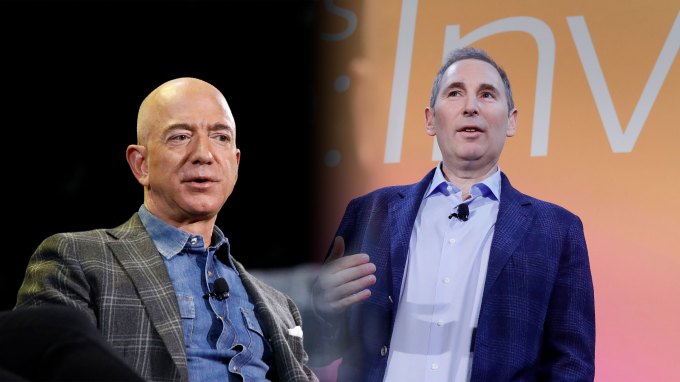The big thing
Nintendo is no stranger to going against the grain (for better or worse).
This week, the company disappointed gamers thirsty for more powerful hardware when they released an updated Switch that wasn’t really as updated as many had hoped. The system boasts a new OLED screen but isn’t gaining a higher resolution display, updated processing power or more RAM. The updated system will retail for $349 when it drops in early October.
Here’s my colleague Brian’s rundown on the new hardware.
Sure, the [OLED edition] is a little disappointing for Nintendo gamers who wanted a system that could play titles in 4K, but it’s also yet another sign that the company isn’t looking to deviate from history when it comes to… well, anything… but especially meaningfully revamping its flagship system mid-cycle. Nintendo’s relentless adherence to legacy is a blessing and a curse to gamers who have seen industry-wide gaming trends push monetization over consumer enjoyment time and time again, but have also seen titles on other consoles grow far more ambitious. The question is whether Nintendo’s current hardware bets that are moving Switches at a rapid pace are still setting the company up for future success in a services-based console war.
It’s not just graphics anymore, Sony and Microsoft’s embrace of cloud gaming and subscription gaming could reshape the console wars into a services war.
While Nintendo has largely been doing what fans have expected since the Switch launch, churning out an outstanding franchise follow-up or two each year, it’s no secret that their efforts to expand their online services ambitions have seemed pretty half-assed. Their mobile titles were largely disappointments and while their Nintendo Online service has tens of millions of subscribers paying $20 annually for some light online features, it’s clear that they’ve moved at a glacial pace in delivering more to their die-hard fans. In 2021, it seems the company’s most daring move has been to start licensing their IP to toy manufacturers more often — they’re also debuting a Mario Watch in partnership with a global watch brand.
Too many articles have been written over the years about how Nintendo’s failure to embrace new industry trends could kill them, and yet here they are more valuable than ever. At the same time, Nintendo is trying to embrace some of these trends, they’re just doing a bad job at it. Nintendo has always played by its own hardware rules, but when it comes to software services maybe they should just start looking to the competition.
|





